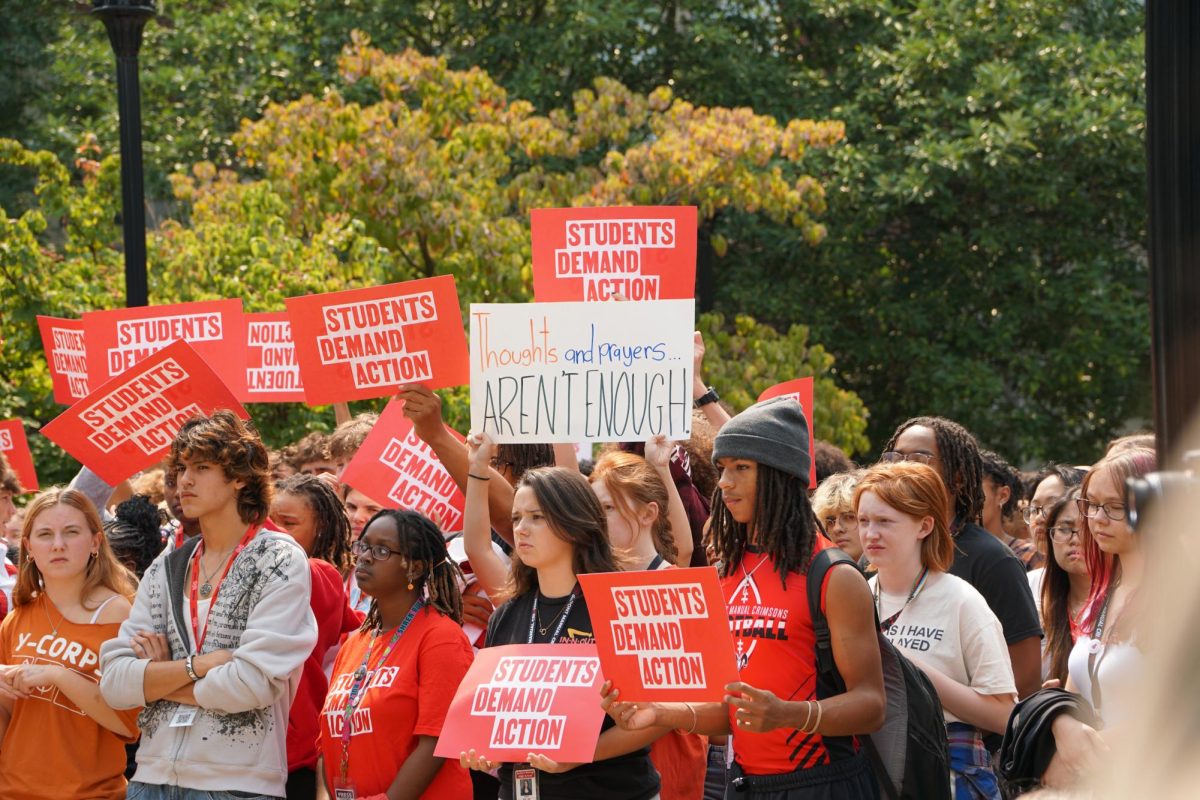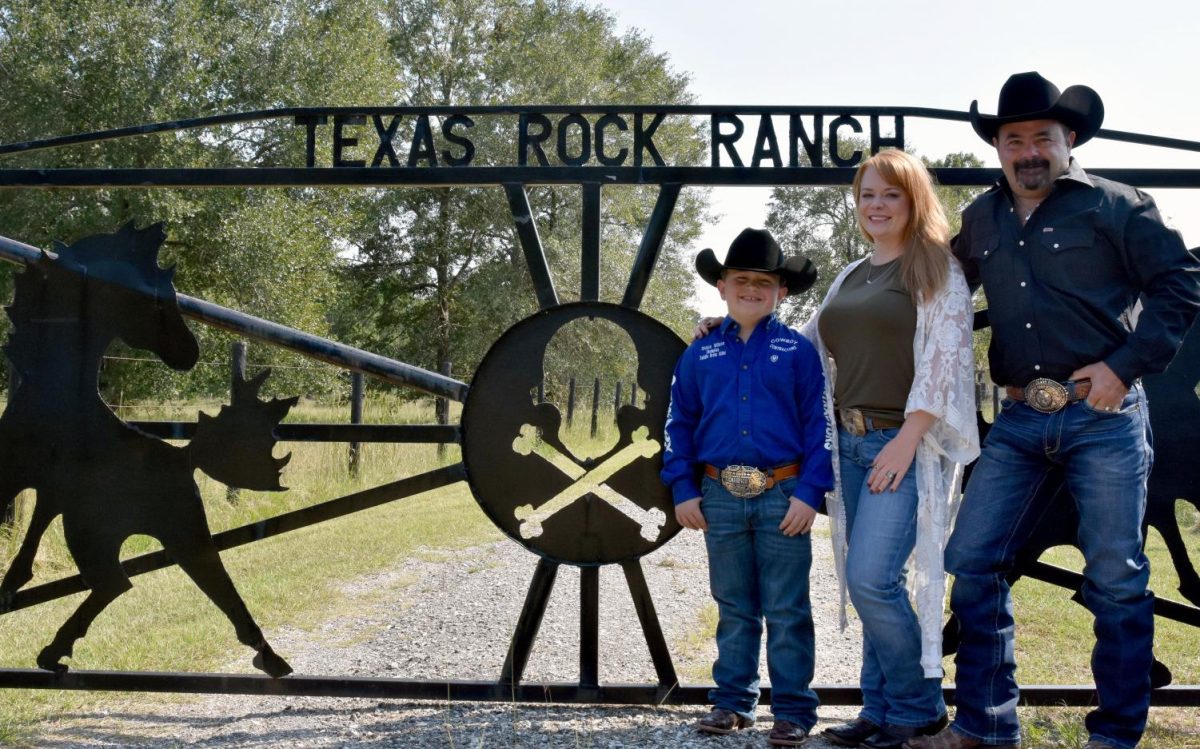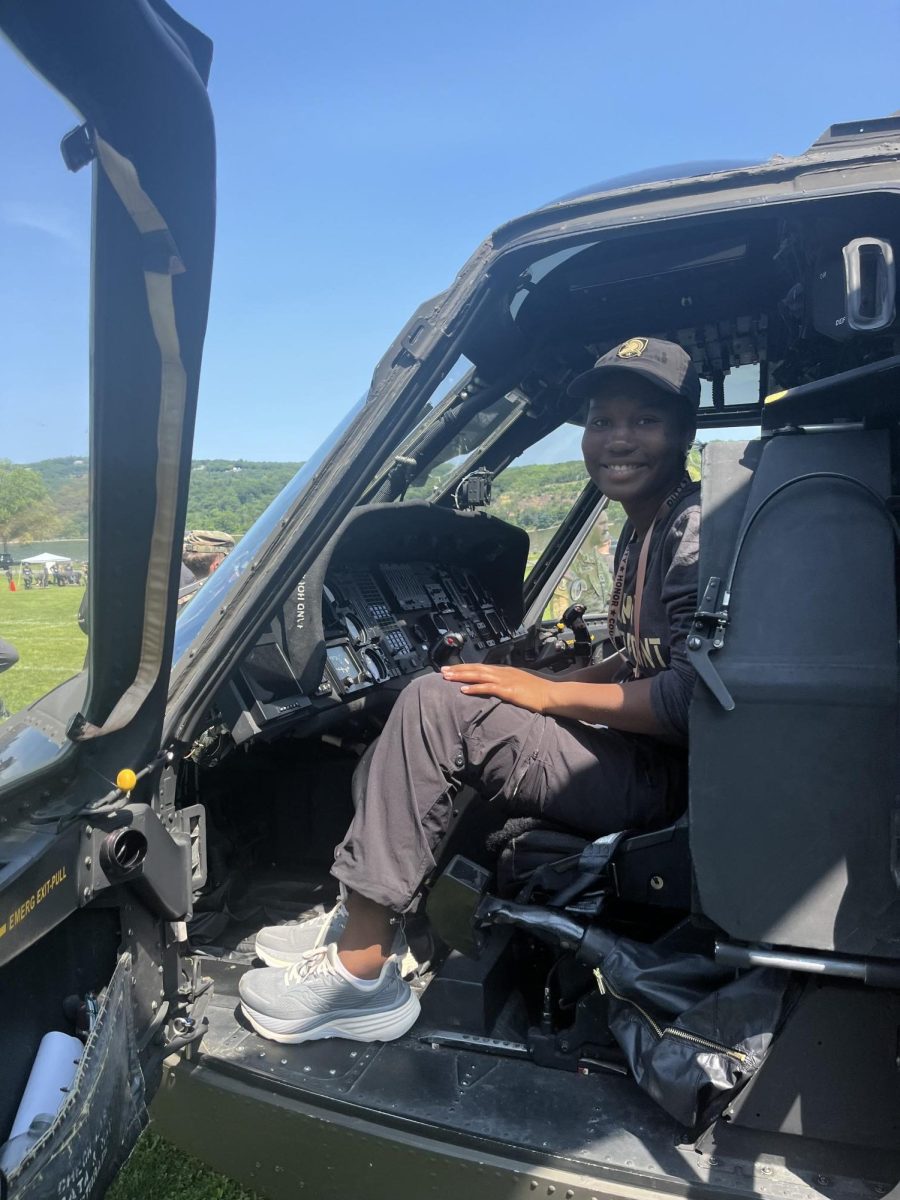Over the past decade, podcasts have become an increasingly popular way for people to learn about current events.
With a busy schedule, informative, unopinionated podcasts like those from news outlets such as the New York Times, Washington Post, Vox, and NPR are a powerful tool to stay informed. Yet, due to the nature of the podcasts’ content, which often touches on sensitive national and international events, they tend to suck us further into these issues rather than providing a space to relax and decompress.
That is why one day while looking for a podcast to listen to, I was thankful to stumble upon “Civics 101,” a production of New Hampshire Public Radio (NHPR) hosted by Nick Capodice and Hannah McCarthy. The podcast explains how democracy is supposed to work, providing context into why the U.S. is where it is today rather than simply summarizing current events.
When a new episode comes out every Tuesday, I put on my headphones and for fifteen to twenty minutes I take a break from my schoolwork to learn about a new civics-related topic.
For example, a major news topic these past few months has been the House of Representatives, with Rep. Kevin McCarthy’s ouster as speaker and the subsequent election of Rep. Mike Johnson three weeks later. While news organizations covered the political intricacies of McCarthy’s ouster and how and why Johnson was elected, Capodice and McCarthy looked elsewhere. They released an episode that explained the importance of the speakership and how the powers and responsibilities that come with the role have changed over the past two centuries.
The podcast also uses a multi-episode series to dive deeper into topics, such as the founding documents, major Supreme Court cases, and the state of civics education.
The podcast uses upbeat music, testimony from experts and teachers, and charismatic banter between the co-hosts to become an entertaining, informative podcast that students and adults can enjoy. And most importantly, remind everyone of the importance of civics education.
Starting with the class of 2020, Illinois requires students to take one semester of civics to graduate. Next school year, New Trier High School will increase the number of courses that satisfy the civics requirement from nine to ten. The Board of Education voted to rename Urban Design as Urban Design and Civic Engagement.
Students should not stop there with their civics education, as it is information that every citizen of a democracy needs to know to participate effectively in society. Active participation is necessary for the success of democracy. That starts with voting and, from there, speaking out and holding the people in power accountable at the local, state, and federal levels.
“Civics 101: New Hampshire,” the sister podcast of “Civics 101,” shows how people in New Hampshire can do just that.
The podcast shares that in New Hampshire, before the state House or Senate can vote on any legislation, a public hearing must be conducted in which citizens of any age can come and have their voices heard. The hosts shared an example of a high school student who spearheaded the push for legislation that would put period products in every public school bathroom in the state. She spoke at the public hearing for the legislation, which ultimately was signed into law in July 2019.
“Civics 101” is an auditory experience that every American should experience, and many have, as the podcast has been downloaded over 18 million times. The podcast sparks curiosity in the heart of every listener as people learn about what rights they are guaranteed and how, as part of their civic responsibility, they have to protect those same freedoms and rights to maintain them. Democracy is only as strong as how much time and effort people put into it.
This story was originally published on New Trier News on November 29, 2023.





































